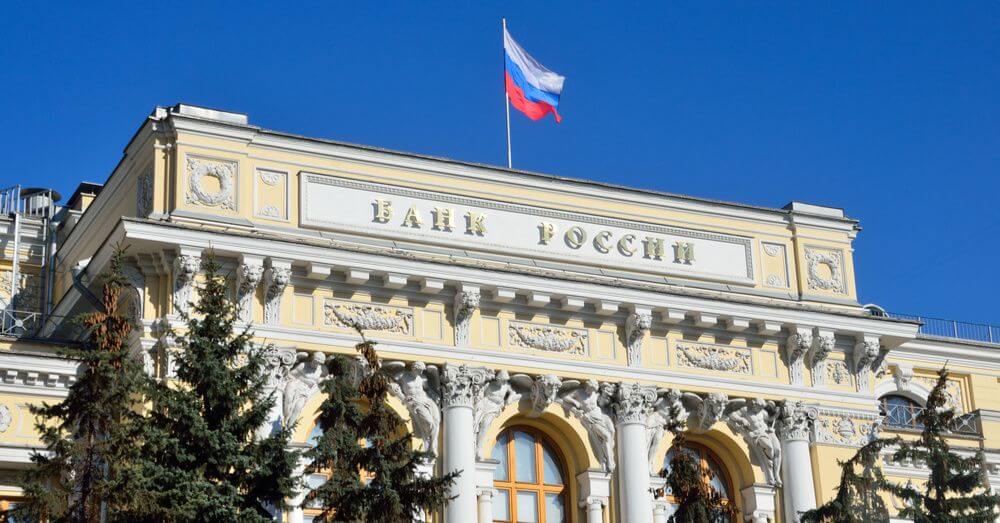
The Russian Government’s first draft of the bill “On Digital Financial Assets” is now available for public comment
The Russian Government submitted a revised version of their new draft law yesterday, entitled “On Digital Financial Assets” for public comment. Accompanying this draft are additional documents that make a marked change in the way crypto is regulated in the country.
The Chief Product Officer of Waves Enterprise, Artem Kalikov, stated that cryptocurrencies “go completely into the grey zone in Russia.”
“People who own one or two bitcoins are not at risk. But all cryptocurrency exchanges and wallets hosted on Russian sites with a .ru at the end are now at risk.” Kalikov explained.
Russian authorities have been divided on the issue of crypto regulation since January 2018.
Chairman of the Russian State Duma Committee on Financial Markets Anatoly Aksakov admitted to the Russian news agency RBC that the delays in the adoption of the bill have been due to disagreements on the new asset type between the local authorities.
Aksakov, who is also the chairman of the Central Bank of Russia’s National Banking Council, also revealed that the State Duma (the lower house of the Federal Assembly of Russia) advocated a few crypto initiatives, while the central bank was against the legalisation of cryptocurrencies.
Now, the long-awaited law is being postponed while the country shifts its focus to prioritising the COVID-19 pandemic. Since its inception, President Vladimir Putin has ordered its immediate adoption twice — to no avail.
Aksakov has clarified that the new law will not hinder the operation of crypto exchanges. The official also emphasised that the On Digital Financial Assets bill would not include regulations on mining cryptocurrencies. However, he did express a strong belief that profits made from crypto mining should be taxed, since this activity is a “type of business that produces value.”
According to Aksakov, the crypto law provides a definition of cryptocurrencies and prohibits the use of crypto as a payment option. The law will also include the issuance and circulation of digital assets. However, this contradicts a legal executive’s statement made mid-March about how the bill would ban the issuance and circulation of these assets.
Last March 24, the Russian Federation’s Ministry of Economic Development released a draft law that would allow the testing of cryptocurrency and blockchain developments within a special regulatory sandbox.
The law would cover digital technologies in eight industries, including healthcare, financial markets, trade, transport, distance learning, construction, manufacturing and government services.
The participants of the regulatory sandbox would be given regulatory relief on the minimum size of capital, reserve funds, and reporting. They would also be exempt from the country’s foreign exchange law.

